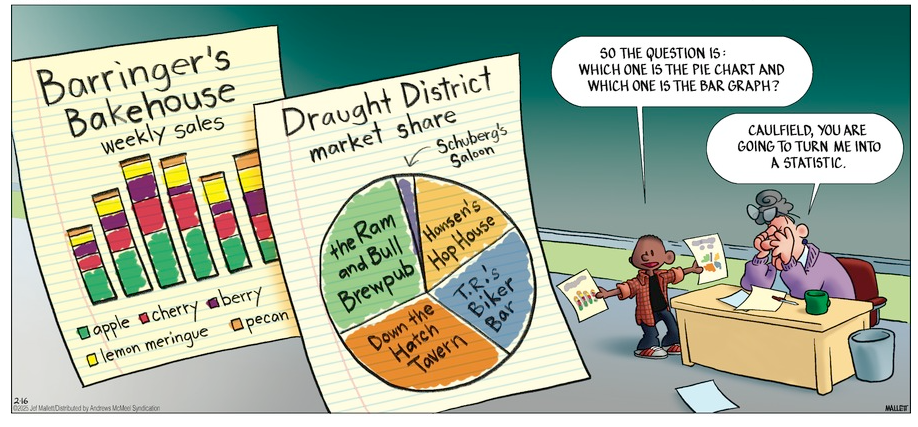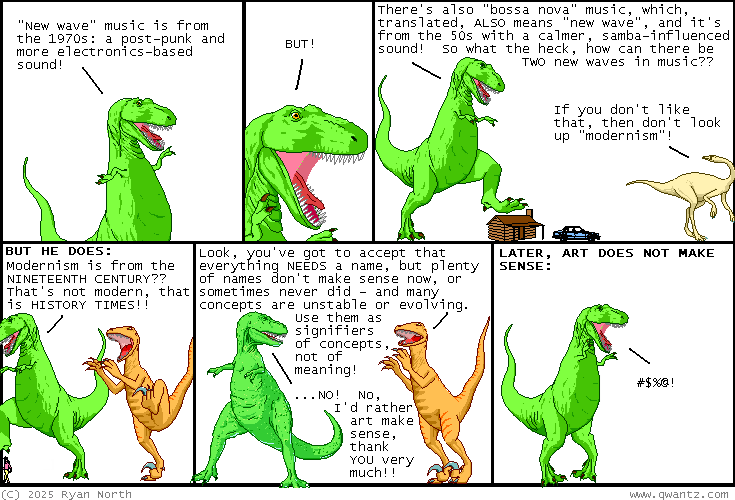The noninfallibility yet utility of AIO
Someone complained in an inappropriate and non sequiturish place that AIO (Artificial Intelligence Overview) did not definitively solve the difficult problem of the seeming non-Sinitic etymology of Japanese waka 若 ("young; youth") that he posed to it.
Cf. Wiktionary:
Japanese
Noun
Read the rest of this entry »
"Age against the machine"
According to Roy Dayan et al., "Age against the machine—susceptibility of large language models to cognitive impairment: cross sectional analysis", BMJ Christmas 2024:
To evaluate the cognitive abilities of the leading large language models and identify their susceptibility to cognitive impairment, using the Montreal Cognitive Assessment (MoCA) and additional tests. […]
With the exception of ChatGPT 4o, almost all large language models subjected to the MoCA test showed signs of mild cognitive impairment. Moreover, as in humans, age is a key determinant of cognitive decline: “older” chatbots, like older patients, tend to perform worse on the MoCA test. These findings challenge the assumption that artificial intelligence will soon replace human doctors, as the cognitive impairment evident in leading chatbots may affect their reliability in medical diagnostics and undermine patients’ confidence.
Read the rest of this entry »
Hiberno-English: it's a soft day
Spending some time in Ireland, I hear people saying "It's a soft day" or "It's a soft day, thank God!". Not knowing what that expression implies, I do a search and find that "A soft day is what the Irish call a very very damp fog or a mizzle, which is a cross between a mist and a drizzle." (source) Mizzle is also the color of a shade of paint. (source)
"Soft day" is a phrase derived from Irish lá bog (lit.) ("overcast day; light drizzle/mist").
That reaction to a moist, overcast day tells you something about the Irish mindset and helps you understand Irish sentiment and humor.
Read the rest of this entry »
Pie charts and bar graphs
Yesterday's Frazz:
Caulfield's joke illustrates several interesting linguistic points.
Read the rest of this entry »
Weird typo
Back in the day, we used to talk about strange typos and tried to figure out how they happened.
Here's a good one.
I typed the following sentence:
Once that one foodstuff you said everybody likes to consume but is hard to resist and is not good for us?
Read the rest of this entry »
"Art does not make sense"
Well, approximately as much as lexicography does…
The current Dinosaur Comics:
Read the rest of this entry »
Royal filled pauses
In a comment on "Yair" (2/14/2025), Philip Taylor asserted that he routinely pronounces the orthographic "r" in the typical British filled-pause spelling "er":
« some Americans adopt a mistaken spelling pronunciation, rendering "er" with a final [r] » — well, speaking as a Briton, my "er" pauses, if prolonged, also end with an phoneme, although where exactly in the mouth I produce it I cannot be sure. Certainly it is totally unlike the trilled/r/ with which I might say "Run, rabbit, run, rabbit, run run run", but I think that it might be fairly close to the phoneme in my Maigret or Rien de rien.
If Philip actually trills the /r/'s in "Run, rabbit, run", and he's not from Scotland, this is a big dialectological surprise. And it's equally unexpected if he produces something like a French uvular /r/ at the end of his filled pauses. More likely, this is an extreme example of why sociolinguists are skeptical of how people think they talk.
Still, it's worth a bit of time to confirm the OED's r-less assertion (audio) about British filled-pause pronunciation. This would be a big task, overall, given the wide range of British speech across geographical, social, ethnic, and temporal variables, so I thought I'd start with the Royal family. (And I'll also end there, unless Philip's peculiar perceptions return in another form…)
Read the rest of this entry »
"Thanks" in Hakka and other Sinitic topolects
I forget who it was and for what reason, but a week or two ago, someone said "Thank you" in Hakka to me.
That got me thinking about all the different ways to say "thanks" in Sinitic languages.
Here's a map of Sinitic topolectal equivalents for MSM (Modern Standard Mandarin) "xièxie 謝謝 / 谢谢" (“thank you”). If you click on the place names in characters at the bottom of the map, pinyin romanizations will be supplied.
Bear in mind that European-style words of etiquette such as "hello" and "thanks" did not exist in China before the 20th century. For the impact of English on the development of such spoken Mandarin civilities, see Mary S. Erbaugh, "China expands its courtesy: Saying 'Hello' to Strangers," The Journal of Asian Studies, 67.2 (May, 2008), 621-652.
Read the rest of this entry »
Llanfairpwllgwyngyllgogerychwyrndrobwllllantysiliogogogoch
Having just a couple of months ago burrowed my way into the center of one of the world's most famous Neolithic barrows, more specifically a passage tomb at Newgrange (ca. 3200 BC, older than Stonehenge, which I had visited the previous week, and the Egyptian pyramids, which I have yet to behold in person) in County Meath, Ireland with J. P. Mallory, Indo-European archeolinguist and author of In Search of the Irish Dreamtime: Archaeology and Early Irish Literature (London: Thames & Hudson, 2016), all 6'7" of him and 6'2" of me, making it a difficult crawl / squeeze for the two of us, I was keen to read this article:
To Historians and Tourists, It’s a Mysterious Ancient Burial Site. It Used to Be My Playground.
Author Oliver Smith spent many childhood days exploring a prehistoric mound near his grandparents’ house in Wales. As an adult, he found himself irresistibly drawn back to it—and other sites like it.
By Oliver Smith. WSJ (Feb. 12, 2025)
Read the rest of this entry »
Yair
In an Australian novel, I recently encountered hundreds of cases where an informal assent is spelled in an unexpected way, e.g. "Yair, that’s true enough."
Read the rest of this entry »
"Måke Califørnia Great Ægain"
In response to the initiative for the U,S. to buy (or otherwise acquire) Greenland from Denmark, some Danes have started a petition to buy California from the U.S.
Have you ever looked at a map and thought, "You know what Denmark needs? More sunshine, palm trees, and roller skates." Well, we have a once-in-a-lifetime opportunity to make that dream a reality.
Let’s buy California from Donald Trump!
Yes, you heard that right.
California could be ours, and we need your help to make it happen.
Read the rest of this entry »


